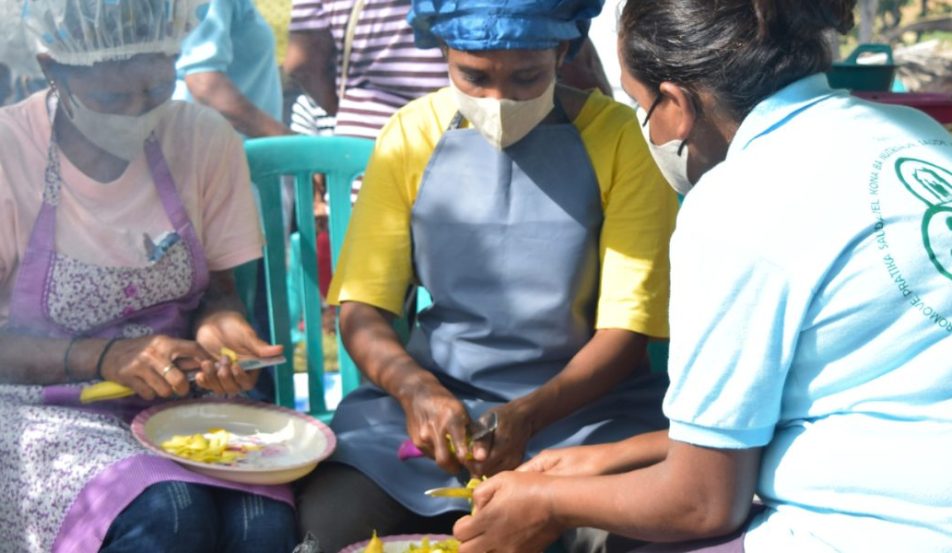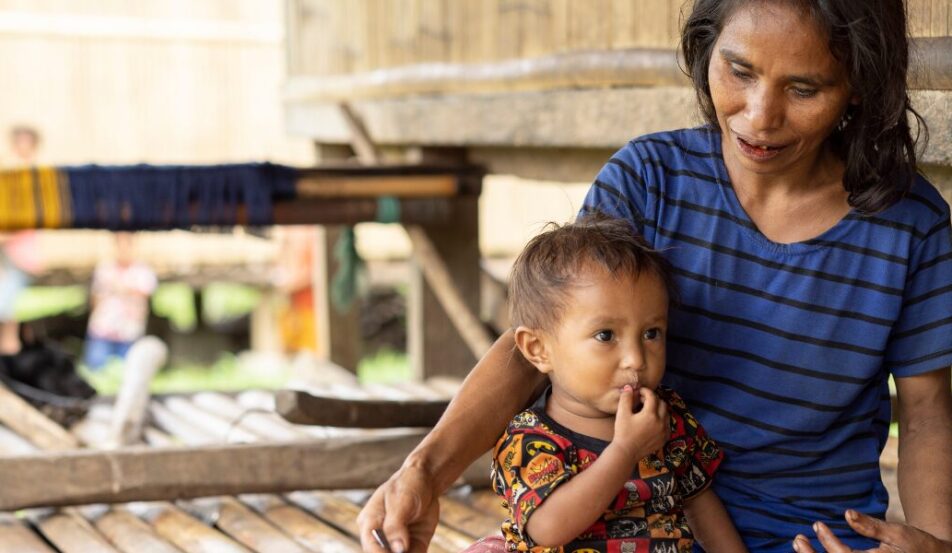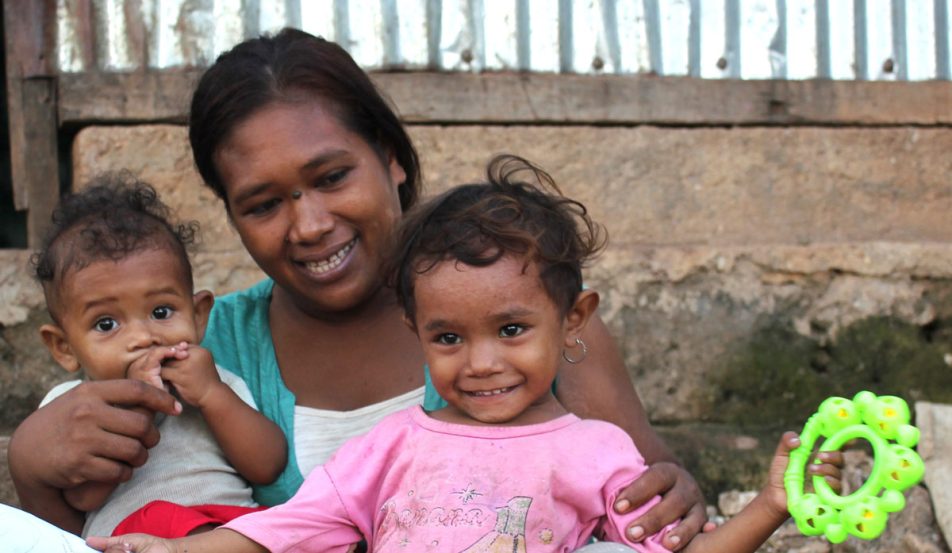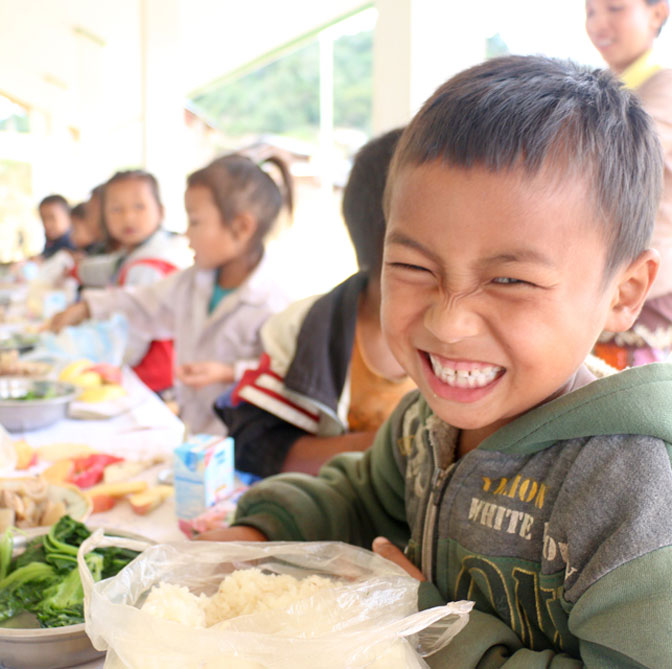Women are planting seeds for change in Timor-Leste
In a rural community in Timor-Leste, mother-of-six Sidonia is planting seeds for change. As part of a growing woman-led movement focused on building a resilient future through farming, Sidonia is cultivating her own crops to protect her family’s nutrition and livelihood. And she is on a mission to empower more women in her close-knit community in Lautem Municipality to do the same.
“I really want to encourage more women to get involved in this farming group and start cultivating their own food because our land is very fertile,” she says. “We shouldn’t be consuming imported products all the time as they contain harmful chemicals.”
Located in a remote, mountainous region, Sidonia’s community is vulnerable to the effects of climate change including drought, earthquakes, flash flooding, and storms. In her community and many others across Timor-Leste, agricultural productivity has in the past been low and many families often face food scarcity. More than 70 per cent of the population of Timor-Leste depend on rain-fed agriculture as a main source of income.
ChildFund Timor-Leste is working with its local partners to support Sidonia and other women in her community to grow nutritious vegetable farms that are adaptable to the impacts of climate change. ChildFund provided training and all the essential tools and resources, including vegetable seeds, water tanks, ladders, and plastic tunnels, needed to become a successful farmer. Through the project, Sidonia learnt how to grow a range of vegetables, including green mustard, cabbage, onions, lettuces, eggplant, and spinach.
I really want to encourage more women to get involved in this farming group and start cultivating their own food because our land is very fertile. We shouldn’t be consuming imported products all the time as they contain harmful chemicals.
Sidonia
But Sidonia’s farm is providing more than just healthy, nourishing food for her and her children; a surplus of crops is helping to sustain her household financially, specifically the costs of sending her children to school. As part of her training, Sidonia learnt how to best monetise her harvest to generate extra income. “I plant the vegetables mostly for my family’s daily consumption, but if we have more than enough we usually sell them to earn some money,” she says. “The crop results are always great, and we have harvested many times.”
Sidonia says her newfound sisterhood of farmers is helping to bolster the wider community. “When we sell the vegetables to other people, even to our neighbours, it means we are contributing to the local economy.”
Sidonia is a passionate farmer and inspiring leader, spearheading positive and sustainable change in her community. She hopes that more women can create their own farming groups and learn more about the benefits of growing local, nutritious food. “After all,” she says, “we women are keyholders in the family because we prepare the food.”

“We women are keyholders in the family because we prepare the food.”


































